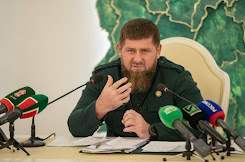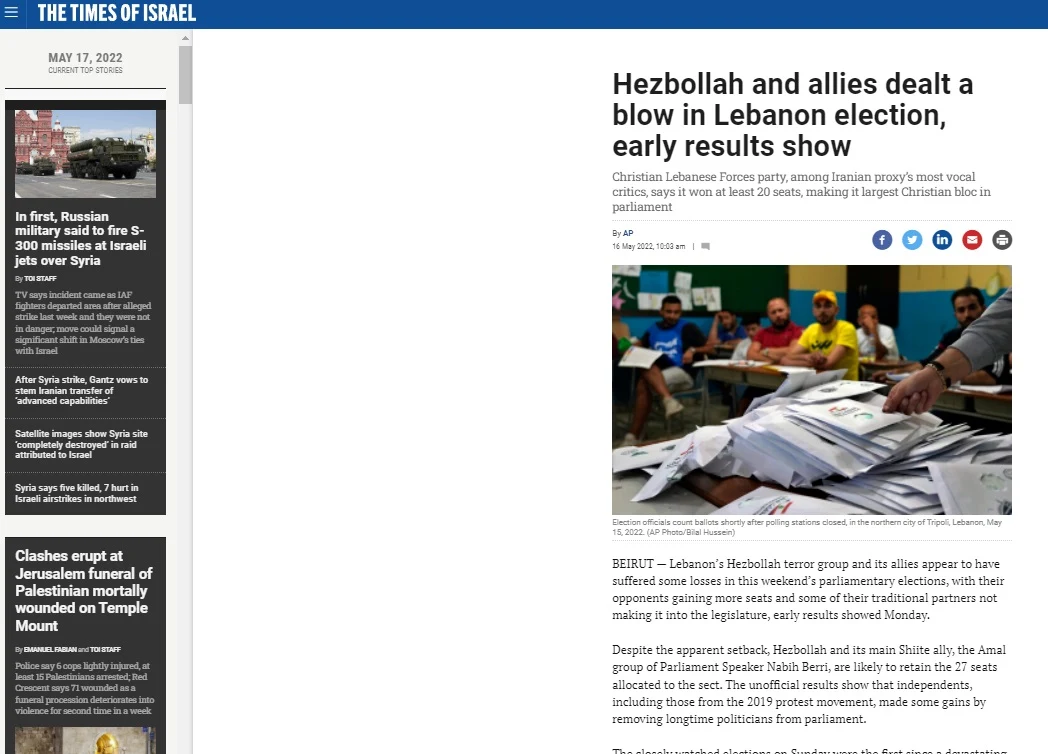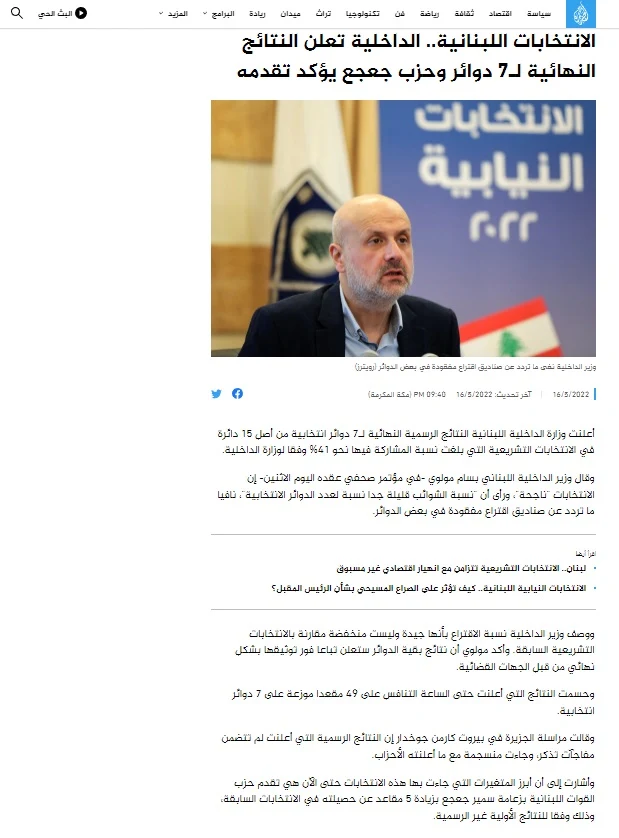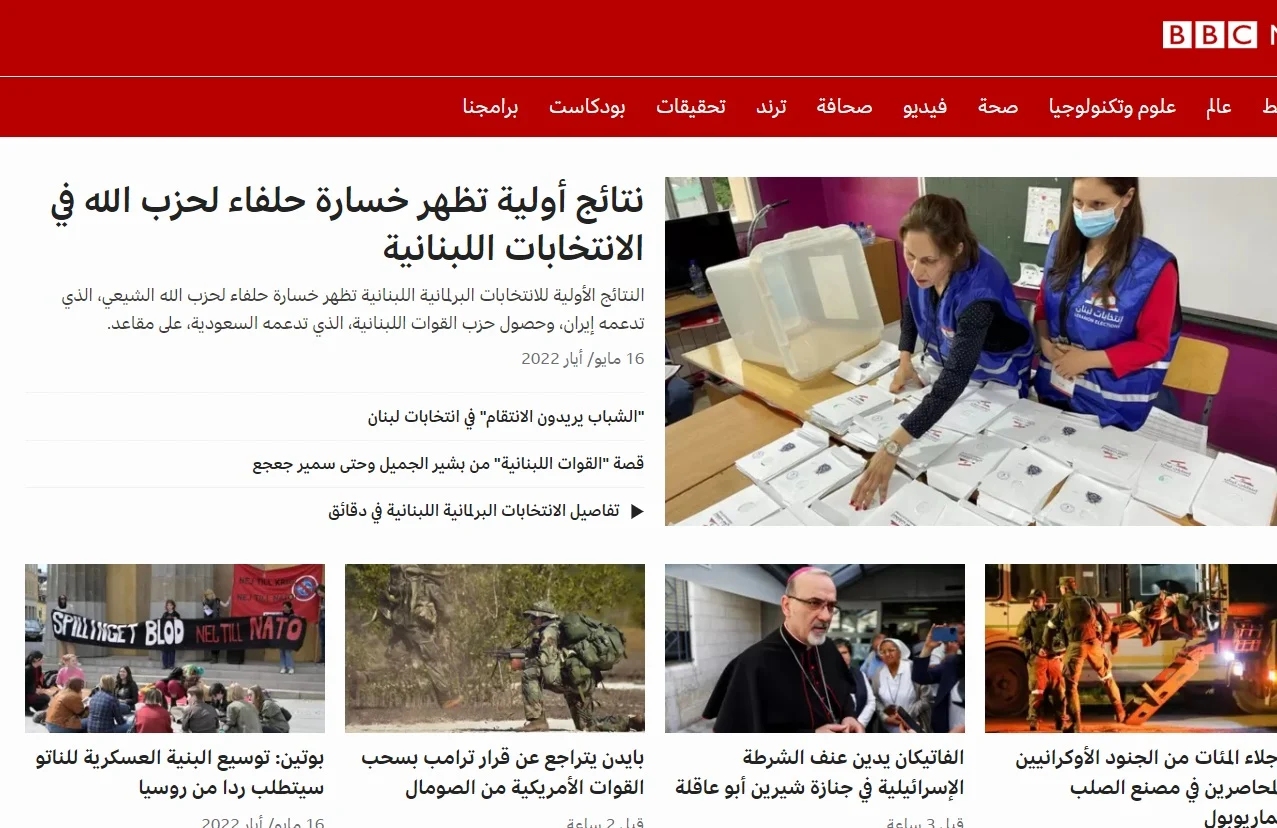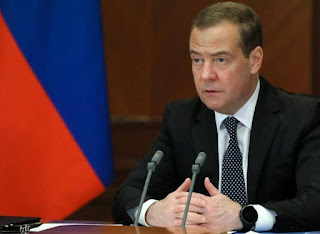
Oil is thicker than blood: Erdogan and bin Salman agree to start a 'new era' of cooperation
Saudi Crown Prince Mohammed bin Salman and Turkish President Recep Tayyip Erdogan discuss improving relations and investment between the two countries and activating the agreements signed between them in the fields of defense cooperation.
Turkey and Saudi Arabia affirmed during talks in Ankara today, Wednesday, their intention to start a new era of joint cooperation, at a time when the two countries aim to fully normalize their relations, which collapsed after the killing of Saudi journalist Jamal Khashoggi.
In a joint statement following talks between Saudi Crown Prince Mohammed bin Salman and Turkish President Recep Tayyip Erdogan, the two sides said they discussed improving relations and investing in the energy, defense and other sectors.
In the statement, they confirmed their agreement to "activate the agreements signed between them in the areas of defense cooperation in a way that serves the interests of the two countries and contributes to ensuring the security and stability of the region."
The two countries also expressed their desire to "work on developing projects in the energy field", "facilitating trade, searching for investment opportunities, and increasing communication to turn them into tangible partnerships."
The two parties announced, "the agreement to activate the work of the Saudi-Turkish Coordination Council, and to raise the level of cooperation in issues of common concern."
Today, Wednesday, Saudi Crown Prince Mohammed bin Salman arrived in Turkey on his first official visit to this country, after 9 years of disputes exacerbated by the assassination of Saudi journalist Jamal Khashoggi in Istanbul.
The first chapter of reconciliation took place at the end of April, when Erdogan visited Saudi Arabia and discussed with the Crown Prince ways to "develop" relations between the two countries.
Three weeks before that, the Turkish judiciary decided to reserve the case for the assassination of opposition journalist Jamal Khashoggi, columnist for the Washington Post, who was killed in October 2018 in his country's consulate in Istanbul.











